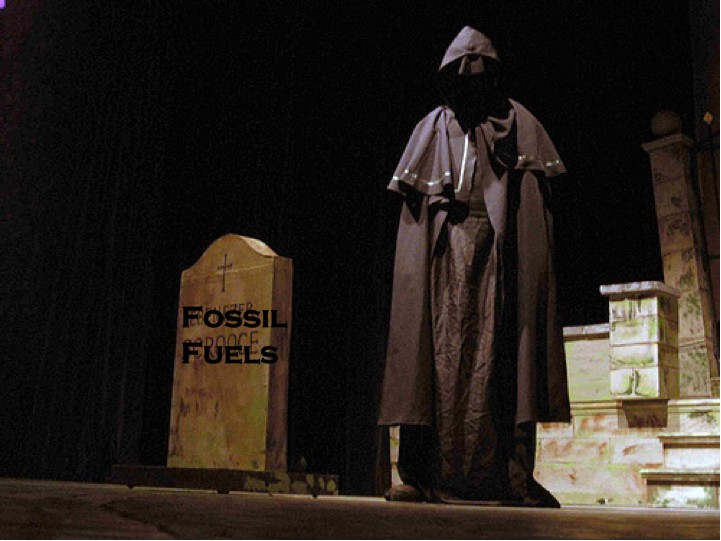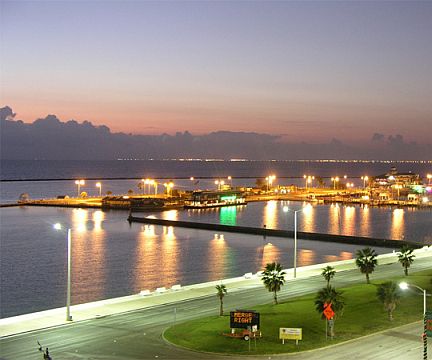The real question is, will we at Texas Vox run out of holiday references before tomorrow or not?

Some scary, scary stuff out there in the past few days we wanted to show you, plus some extra holiday snark for all of you.
- Haven’t we been saying how bad coal is? Some families in Tennessee now know even more as their homes were wiped out by a break in a coal ash pond at the Kingston coal plant. Ash slurry, which is created from the ash left over after burning coal, contains toxic mercury, arsenic, lead, and other materials, and we now have 2.6 million cubic yards of it, enough to fill 798 Olympic-size swimming pools, burying several homes and contaminating the area for decades to come. My favorite part of the story is that the break came as “no surprise” to residents.
- And while coal companies have spent over $45 million on advertising the benefits of clean coal technology, they are spending very little on actual research for clean coal. (Nice- remember that next time you see one of their ads) A quote from the author of the study:
“This is a perfect chicken and egg policy. The coal companies say they’ve got a solution and don’t want lawmakers to do anything until the solution is ready. But they’re not doing much to make this solution a reality.”
- Dreaming of a White Christmas? Don’t get too attached, as global warming will likely reduce the possibility of December snow for much of the world. Somebody get the Snow Miser on the phone…..[youtube=http://www.youtube.com/watch?v=QRQYfwXKZxA]
- Speaking of snow misers, as Putin rears his head, he tells us a lot about our energy future. At a meeting of the Gas Exporting Countries Forum, Putin proposed a more formalized alliance– an OPEC for natural gas, as it were, headquartered in St. Petersberg. Considering Putin has already shown his willingness to shut off natural gas to Ukraine and Europe before, methinks this is something we should vehemently shout “Nyet!” to. Somewhat off-topic, but Russia also just paved the way for Putin to return to the Presidency, this time for a six-year term. Zdorova!
- The EPA also released their list of Sooty Cities (and you thought soot was stuff from only back in the days of Charles Dickens!), and, of course, Houston made the list. Merry Christmas, Houston! You got… soot! Also ending up on the list were my old home towns of Salt Lake City and Provo, Utah.
- Also, Connecticut raised $4.6 million from auctioning CO2 allowances in the New England regional cap and trade program which they will use to fund renewable energy and efficiency programs. Why don’t we have one of those again? I think we have some renewable energy projects that could use those funds…
- And Forbes is reporting that energy efficienct Christmas lights are taking off. Good. I love the way those LEDs sparkle and I love it even more when I get my January electric bill and I don’t have to take out a second mortgage to pay it.
- And finally, California is buying our cow gas. Seriously. Pacific Gas and Electric plans to buy a methane-based substitute for natural gas created right here in Texas from, of all things, cow manure. Just shows you that one man’s treasure is another man’s… never mind.
~~Citizen Andy









